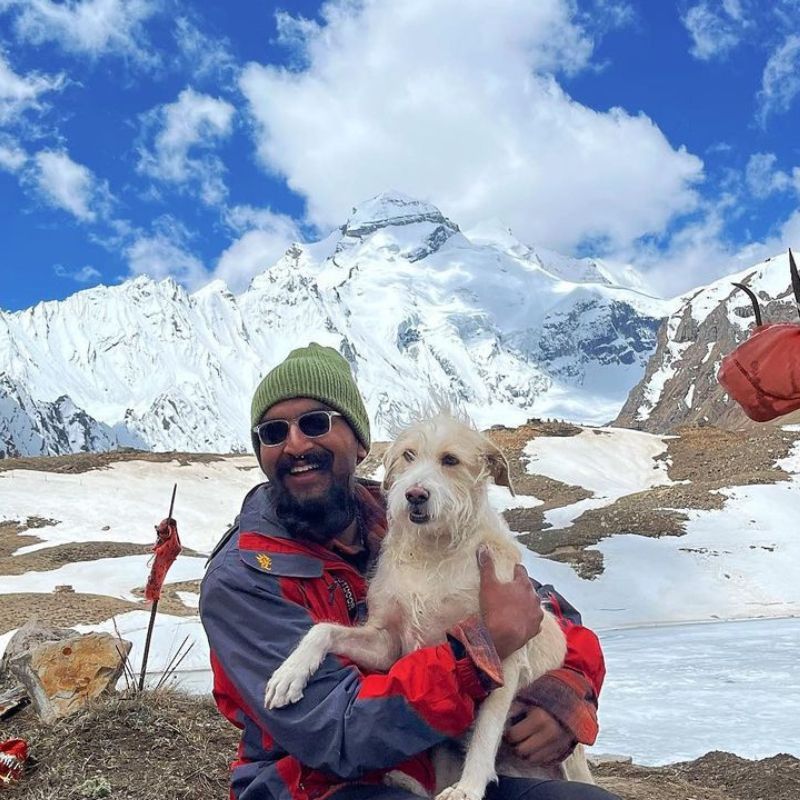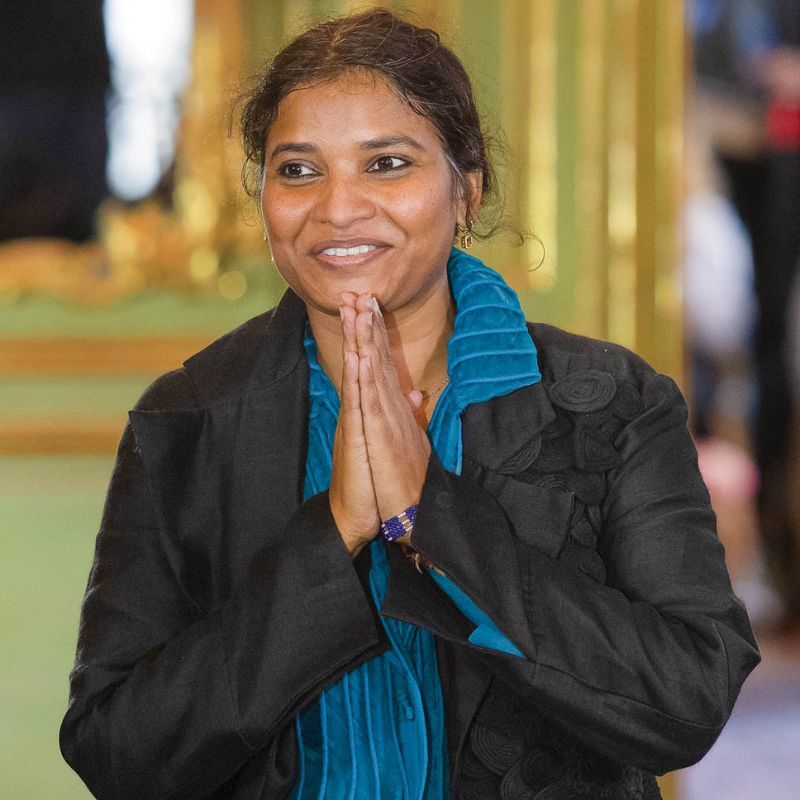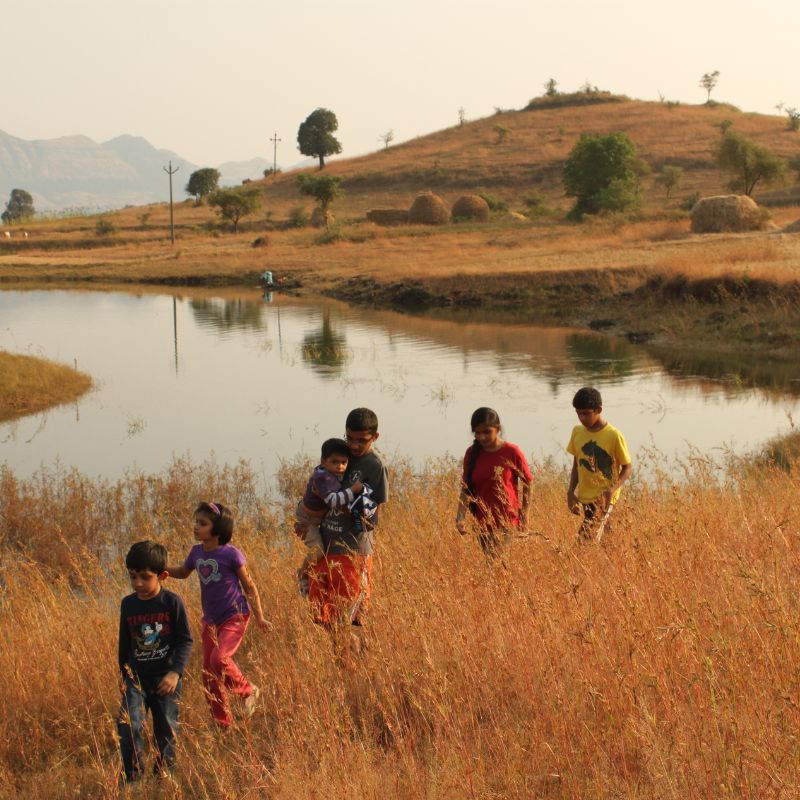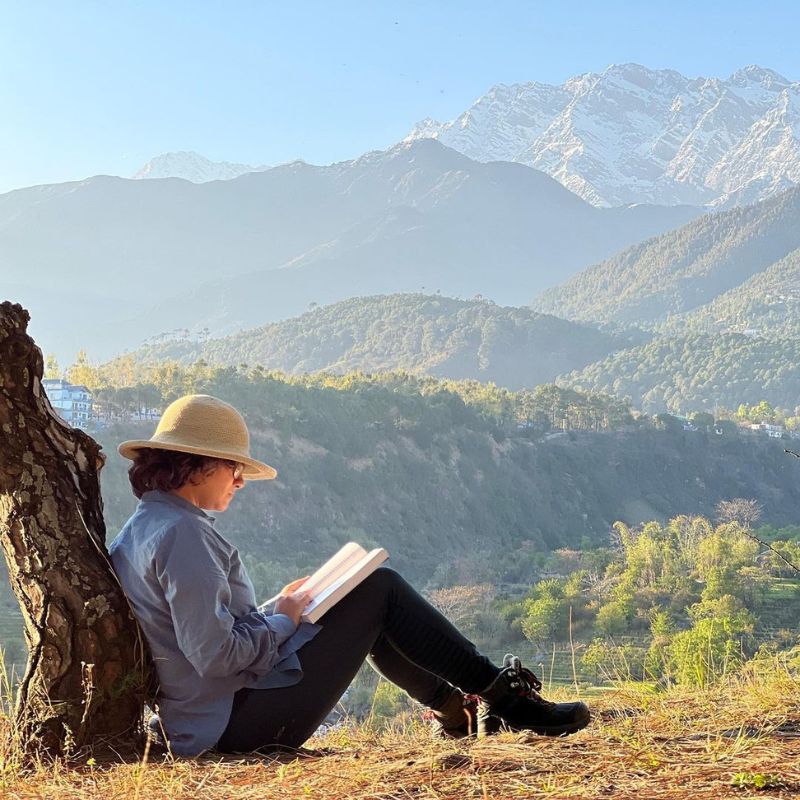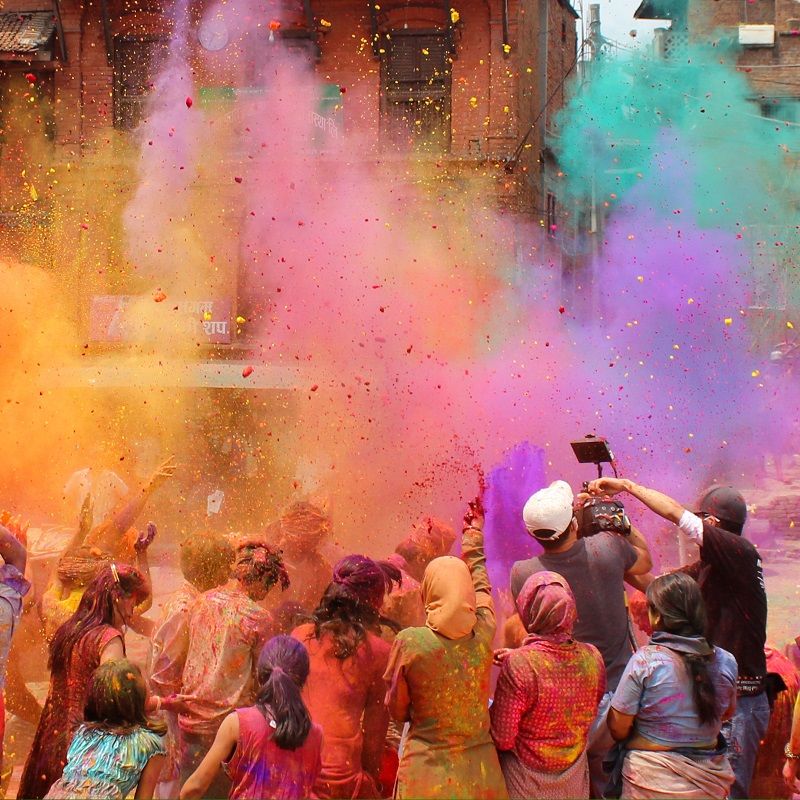
Seeing the diversity of wildlife and the myriad flora and fauna of India through the lens of a photographer and naturalist can unravel secrets that will delight the avid traveler. By Bindu Gopal Rao
A Wandering Glider is a dragonfly that migrates seasonally between India and Africa. What drives these minuscule insects to brave the odds and cross the oceans to new lands? “Maybe it’s the same thing that drives us to travel too,” says Phalgun K Patel, Naturalist and Travel Specialist, Wandering Gliders.
The travel organisation, started amidst the pandemic in 2020, has a team of specialist guides and brilliant hosts who give guests an experience like no other. He tells us more in this exclusive conversation.
Travel + Leisure India: What is the USP of Wandering Gliders?

Phalgun K Patel: The common thread in our team is the love for guiding people. Our aim has always been to make sure you have a wholesome wildlife experience, and not just focus on the charismatic species. Well trained guides simply mean that you would have the finest interpretive experience, no matter what landscape you are in. We never take our guests anywhere we haven’t been ourselves.
Travel + Leisure India: Tell us something about your snow leopard expeditions?
Phalgun K Patel: Ladakh’s landscape overwhelms visitors; every turn off the road, every twist of a walking trail opens exhilarating vistas of mountain and valley, of fissured cracks choked with wild rose and crystal streams lined with willows.
The holy grail of mountain wildlife, the Snow Leopard, is the least spoken about Big Cat in India. It has always remained an animal that managed to retain its mythical status, until recently. The Snow Leopard Lodge is one of the finest lodges in the world situated at 13,000 feet in one of the world’s finest Snow Leopard habitats. Started by some of the legends of Indian wildlife, Hashim Tyabji and Surya Ramachandran, this lodge runs on a successful community-based tourism model to give patrons an immersive experience of this unique wilderness.
Travel + Leisure India: What makes your safaris unique?

Phalgun K Patel: We operate in places where you could sight an animal on foot, canoe, boat or in a four-wheel drive vehicle. For instance, the highlands of Satpura has the only park in the country that allows walks inside the core of the tiger reserve. You could go on an exciting walk inside the national park, along with a park ranger and your guide. This walk gives one a ‘ground up’ perspective of the jungle, the secretive ways of the creatures, the denizens that are hard to observe on safari, and—more than anything—the freedom of going back to the old ways where exploring wilderness on foot was the norm.
Parks like Kanha and Bandhavgarh in Madhya Pradesh are probably the country’s best place to do a full day safari. This means that you are allowed inside the park 15 minutes before sunrise and exit 15 minutes after sunset. That’s almost 13 hours of driving inside the jungle with complete access to the entire tourism area of the park. Our guides also set up a hot breakfast and a lunch inside the park when you choose to take a break.
Travel + Leisure India: What have been some of your most unusual Indian wildlife sightings?

Phalgun K Patel: One summer, we were driving downhill in the unbearable heat of 46 degrees Celsius inside the emerald forests of Panna. It was too hot for any life to be out there at that time. Suddenly, to the right of my eye, I saw something running towards us and it was a Honey Badger, an animal that is close to impossible to see.
Similarly, I have witnessed a pack of six tall Indian wolves trotting along the path in front of me at 4:30 am while I was going down from my quarters to the kitchen to pack breakfast. In another instance, my eight-year-old guest and I saw a rare Indian Pangolin cross the track in front of us while I was taking him to use the bush-loo.
Travel + Leisure India: How are you working in the backdrop of the Coronavirus?

Phalgun K Patel: We believe in responsible travel and only take in bookings for three months at an uncertain time like this. In case of a lockdown or a travel ban, we now refund 100 per cent of the tour fee, no conditions attached. We travel to places which follow all the COVID-19 protocols to the maximum. Medical facilities would be available in all places we operate at. We allow people to either travel with a double dose of vaccination or a negative RT-PCR report.
Travel + Leisure India: Please share some tips for birding and wildlife tours?

Phalgun K Patel: The most important tool in any wildlife tour or birding tour is your guide. Before planning out any tour, I usually make a checklist of all the flora and fauna found, and check on the weather conditions and what the season is. For birding, winters are the best in most parts of India as its the time for the migratory species to come in, so you end up seeing more species.
Travel + Leisure India: What are your future plans?
Phalgun K Patel: I plan to be a guide across the seven continents and show the world the kind of wildlife that is there to offer. I am also in the process of starting my own wilderness lodge in Bhadra Tiger Reserve, and [will] hopefully create a sustainable brand. One lodge today and maybe three lodges in five years.
I aim to get in a whole new concept of wildlife viewing and change the way people holiday. Imagine holidaying and seeing wildlife in luxury, inside a recreated rainforest, with views to die for; 2022 is the year it should be operational.
Related: Meet The Women Who’re Working To Save Africa’s Wildlife




